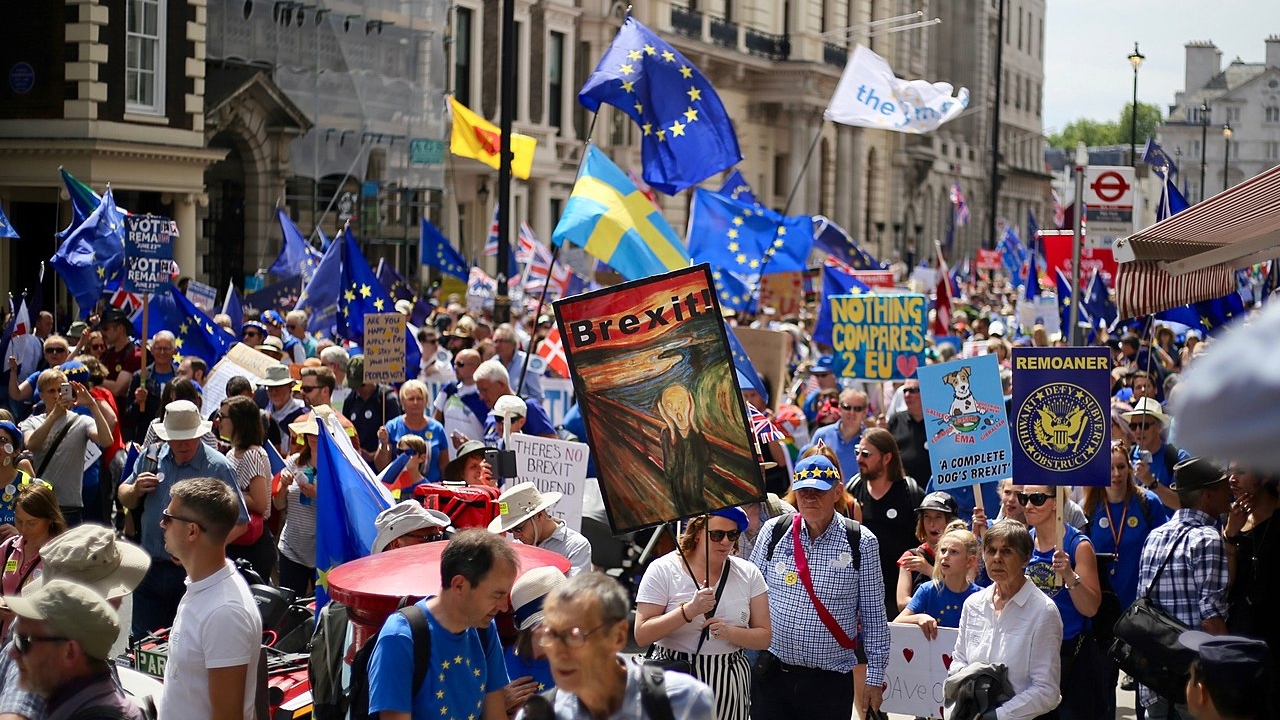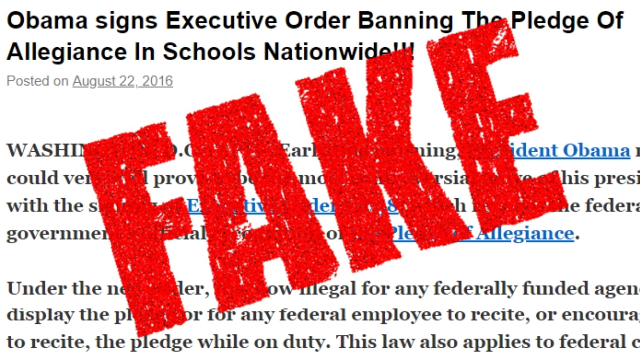
How tribalism makes us vulnerable to misinformation
Originally posted on The Horizons Tracker.
Tribalism has become a pervasive part of modern political discourse, and its impact is varied, but a new study1 from the University of Bath suggests it leaves us susceptible to misinformation.
The researchers examined three years worth of Twitter data from the 2016 Brexit referendum, with a particular focus on phrases such as “Remoaner”, which is a derogatory term used to insult remain voters, and “Brextremist”, which is likewise used to describe leave voters.
“Brexit is one of the first examples of political tribalism on social media. UK voters are now divided along a new line – whether they voted Leave or Remain,” the researchers say. “Tribalism has become a central force in today’s political discussion, especially due to online influence campaigns that leverage this kind of division. Our research illustrates how political tribalism unfolds on social media over time. We hope it could provide impetus for new initiatives that aim to bring people together.”
Open to manipulation
The authors highlight that previous research into tribalism has shown that it can be an innate human quality that befalls most groups. When couple with the unique characteristics of social media, however, can mean we’re particularly vulnerable to disinformation.
“The need to belong to a tribe can have an effect on people’s psychological biases, such as confirmation bias, the willingness to believe information that supports the tribe’s viewpoint while being overly critical about information that challenges it,” they explain.
They focused in on four specific key words, Remainer, Brexiteer, Remoaner and Brextremist, that are used to identify either leave or remain groups. The researchers noted that leave voters would often use language that characterized remain voters as immature or childish. They also characterized remain voters as arrogant and elitist. On the other side, remainers often characterize leave voters as racist and uneducated.
Tribal politics
“Tribe members use information as a way to broadcast their identity as part of the tribe and, in so doing, seek approval from other members – in the form of likes, comments and shares on social media,” the researchers explain. This has implications for the spread of online disinformation, as the search for approval may encourage people to broadcast content that reflects the views of their tribe, regardless of whether that information is accurate.”
The researchers believe that their findings show that tribal behavior was more common on the leave voting side, with supporters of Brexit sharing a larger number of links to highly partisan websites than their remain supporting peers.
There were spikes in tribal behavior, and use of the four tribal keywords, that were caused by events in real-life, including the triggering of Article 50 by the UK government, and the second People’s Vote march.
The researchers also note the business model of the various social media platforms often relies heavily on ‘engagement’. This makes it particularly challenge to create an environment for even-handed discussions, and such an environment would need a change in the algorithms that determine what content shows up for change to be elicited. The authors aren’t optimistic of such change occurring, despite growing attention being placed on the deleterious affect it has on politics.
“Tribalism poses a distinct risk to truth and democracy. We hope our results will help inform the discussion on how to build cohesion between warring political groups,” the researchers conclude.
Article source: How Tribalism Makes Us Vulnerable To Misinformation.
Header image source: Wikimedia Commons, CC BY-SA 4.0.
Reference:
- North, S., Piwek, L., & Joinson, A. (2020). Battle for Britain: Analyzing Events as Drivers of Political Tribalism in Twitter Discussions of Brexit. Policy & Internet. doi: 10.1002/poi3.247 ↩






